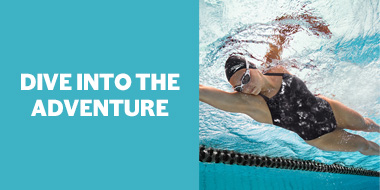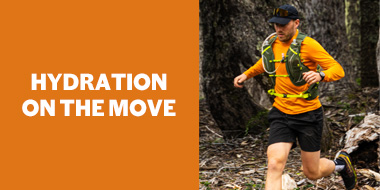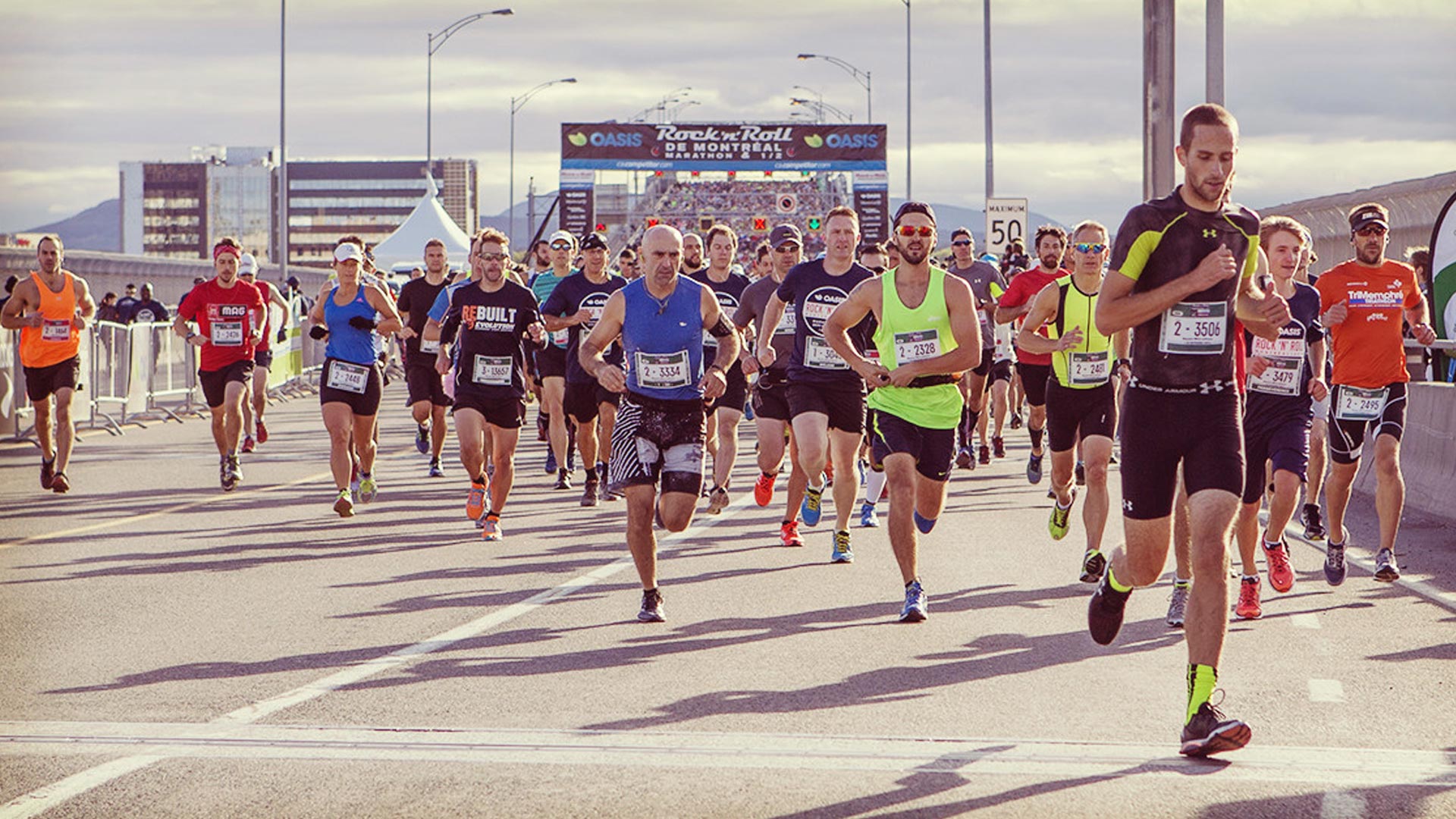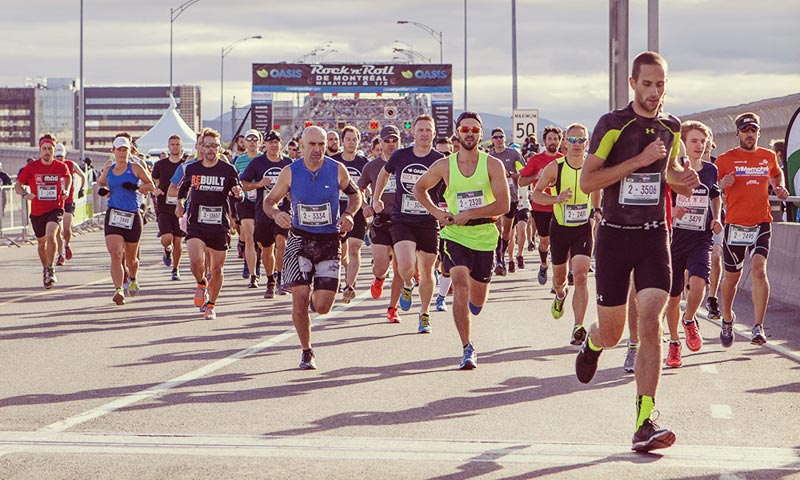-
Featured
-
Trends and New Arrivals
- Fall Essentials
- All Things Sweatfleece
- Outdoor Activity Guide
- The Perfect Match
- Back to school latest arrivals
- Athleisure Collection
- Tenniscore Edit
- Back to school junior
- Jeans Lovers
- Swimwear new arrivals
- New Summer Collection
- Gift Ideas for Her
- Gift Ideas for Him
- Gift Ideas for Children
See all
-
Trends and New Arrivals
- Featured
-
Women
- Women
-
Men
- Men
-
Children
- Children
-
Winter Sports
- Winter Sports
-
Sports
- Sports
-
Training
- Training
-
Outdoor Activities
- Outdoor Activities
-
Bags and Equipment
- Bags and Equipment
- Deals
- Deals
-
Brands
- Brands














